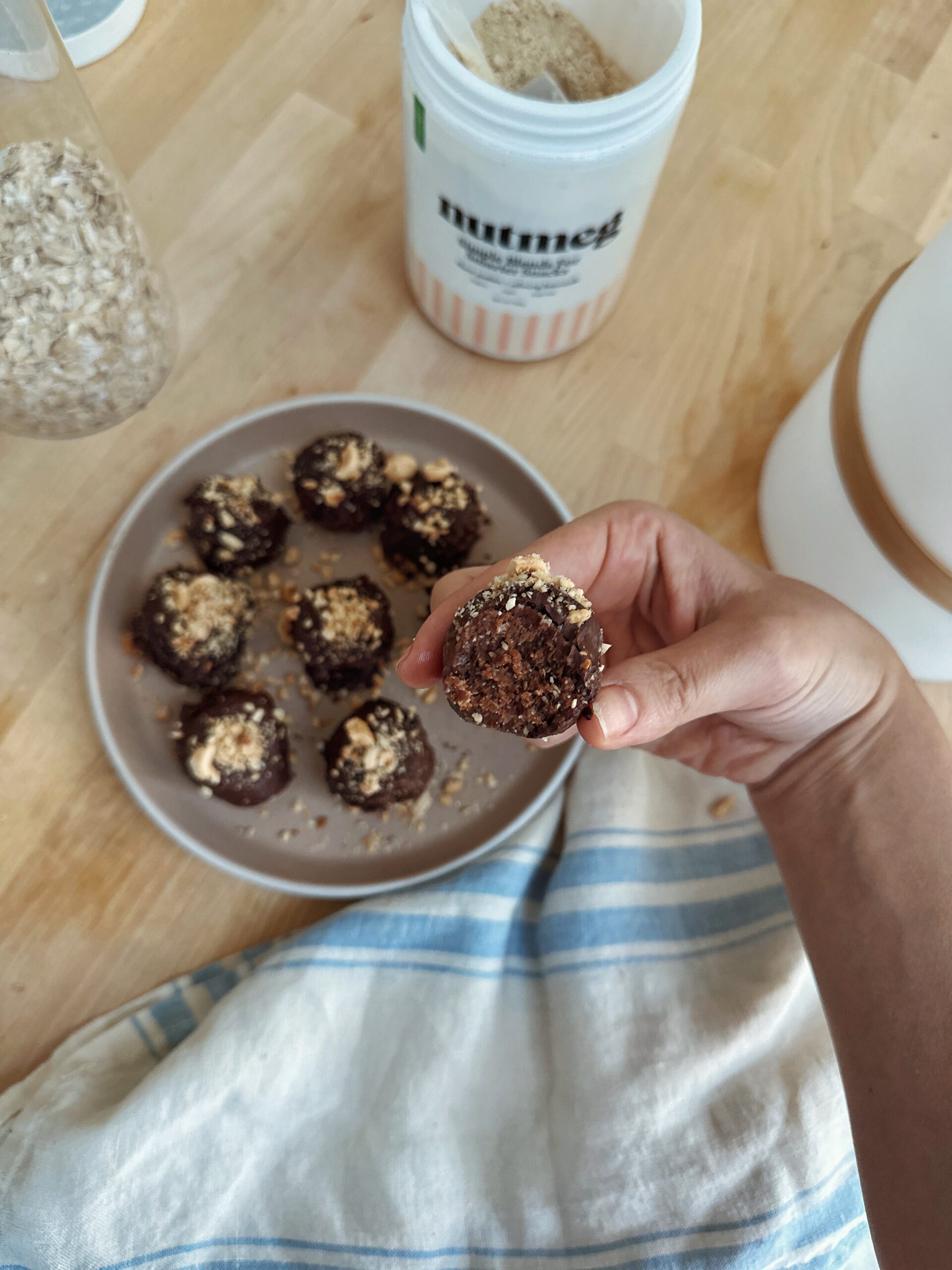
From Mac & Cheese to Munchies:Shaping Healthy Eating Habits for Your Little One
Let’s talk about raising healthy eaters! It can feel stressful, but it doesn’t have to be. Here’s how to make mealtimes a positive experience for you and your toddler, packed with psychology insights and yummy tips.
1. Be a Superstar Foodie:
Kids are copycats, so show them how much you enjoy healthy foods! Eat a variety of colorful fruits, veggies, and whole grains together. This makes healthy eating look fun, not like a chore.
Psychology Behind It: Children learn by observing. If you show them you enjoy healthy foods, they’re more likely to want to try them too.
2. Ditch the Food Police Routine:
Forget forcing bites or making mealtimes a battleground. This can make your little one avoid healthy foods altogether. Let them decide how much they eat, and focus on offering a variety of nutritious options.
Psychology Behind It: When pressured, eating becomes about control, not about enjoying the food.
3. Sweets? Not as a Reward:
Using treats as a bribe for eating veggies backfires. It makes healthy food seem like a punishment and sweets like a prize.
Psychology Behind It: Rewards can make kids value sweets more than nutritious foods.
4. Be Patient with New Foods:
Don’t give up if your little one wrinkles their nose at a new veggie. It can take 10-15 tries for them to accept a new taste! Keep offering it in different ways, and let them explore textures through play.
Psychology Behind It: Kids might be afraid of new things (it’s normal!). Be patient and keep introducing them to new healthy options.
5. Limited Choices, Big Wins:
Instead of a full chef spread, offer a couple of healthy options alongside the family meal. This gives them some control without overwhelming them.
Psychology Behind It: Too many choices can be paralyzing. Offering a limited selection makes mealtimes smoother.
6. Tiny Portions, Big Appetites:
Those supersized portions are for adults, not tiny tummies. Small servings help avoid overwhelming your toddler and prevent overeating.
7. Snack Time Done Right:
Skip the endless juice boxes and crackers. Instead, offer healthy snacks like fruits and veggies at specific times throughout the day.
8. Embrace the Mess:
Mealtimes with toddlers can get messy, and that’s okay! Let them explore food with their senses. It’s all part of the learning process.
9. Every Kid is Different:
Some kids might have a stronger sense of taste or a natural fear of new things. Don’t worry, this is normal! Keep offering healthy options, and talk to your doctor if you have concerns.
10. Relax and Enjoy!
Many kids who seem picky actually eat a wider variety than we think. Focus on their growth and overall well-being, not every single bite. Mealtimes should be a happy time for everyone!


